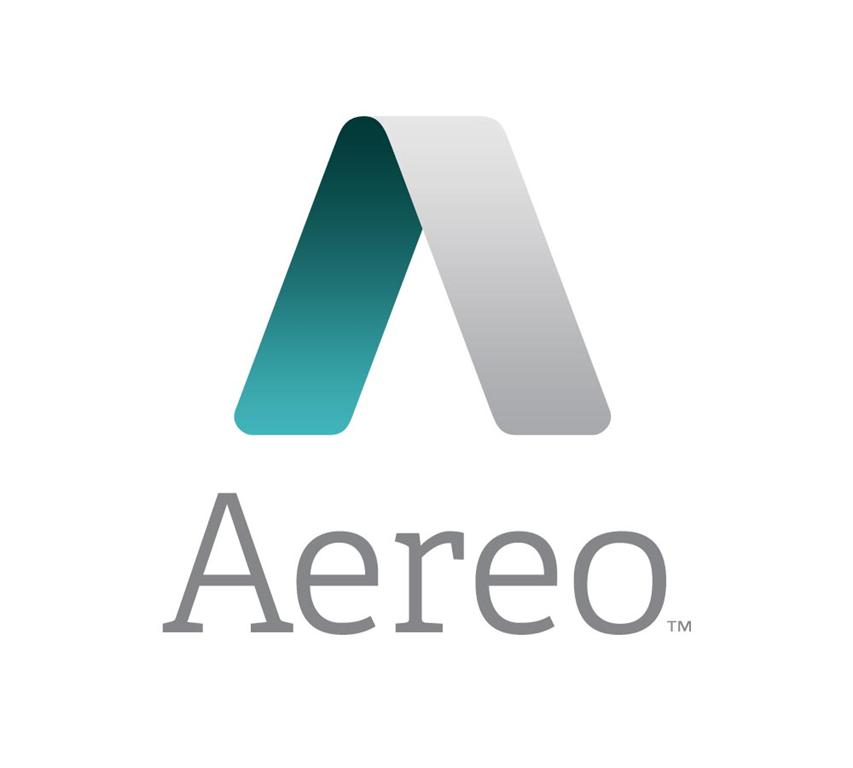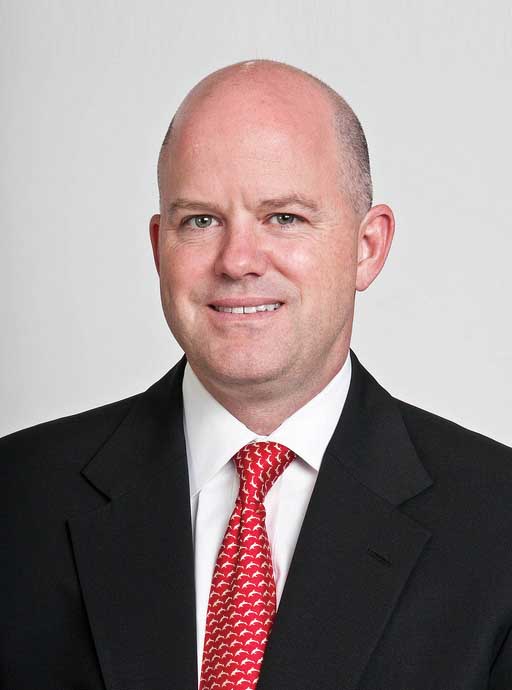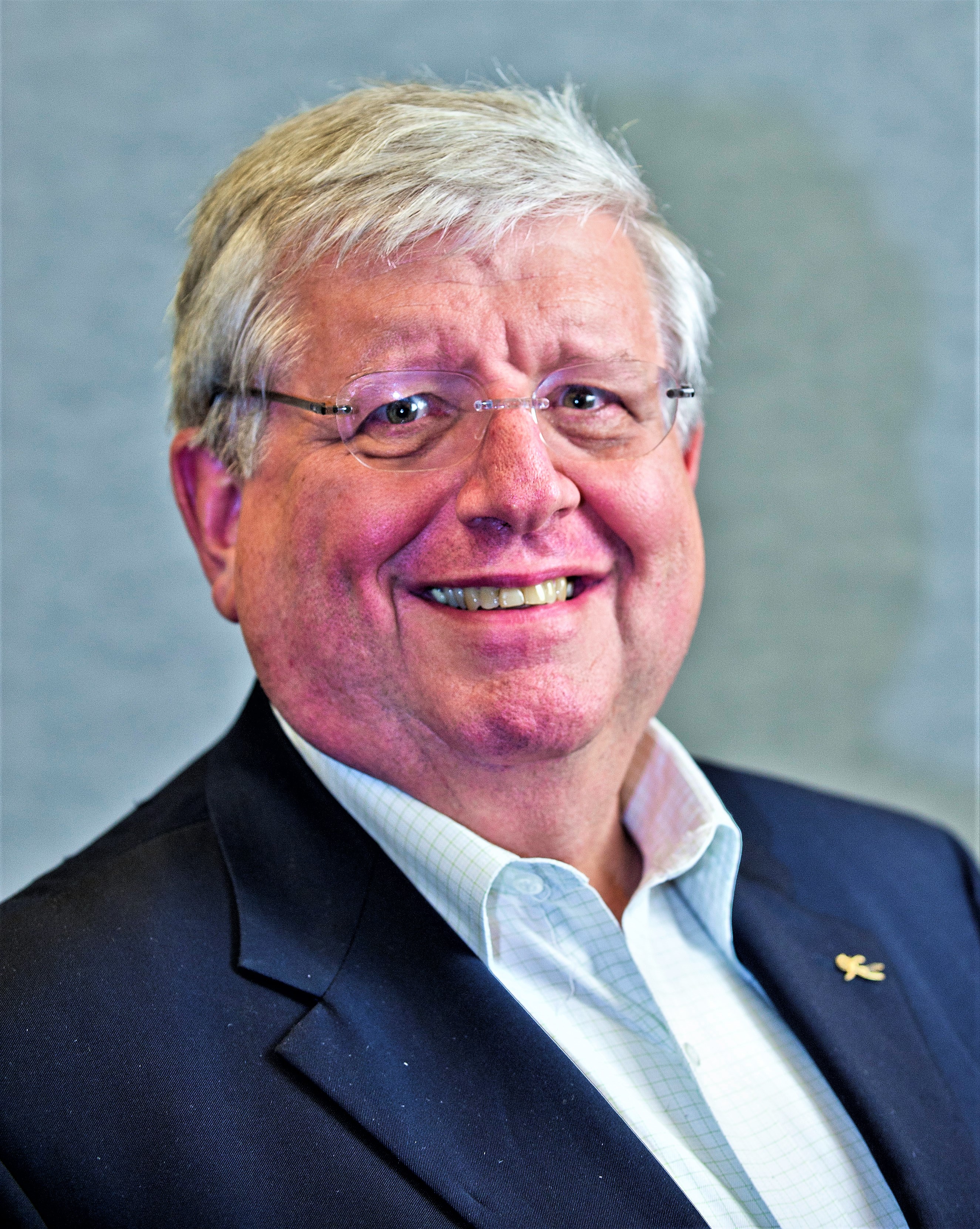Aereo Copyright Battle Expands
The professional video industry's #1 source for news, trends and product and tech information. Sign up below.
You are now subscribed
Your newsletter sign-up was successful
WASHINGTON—Whatever the marketplace fate of Aereo—the controversial broadcast TV-via-Internet streaming delivery venture—the company will inevitably become a legal and business school case study about the complexities of digital distribution.

In just the past couple months, as year-old Aereo launched Boston service and prepares for a June 17 Atlanta debut, the company has overhauled its pricing system and heard threats that some broadcasters would cease over-the-air transmission if Aereo can “steal” their local stations’ signals. That sword-waving was followed by a congressional flourish that would yank the licenses of any TV station that did abandon broadcasts under such circumstances.
At a Senate Communications Subcommittee informational hearing, May 14, NAB President/CEO Gordon Smith defended networks’ warnings that they would cut back their free TV offerings, calling such remarks “hypotheticals.” Smith sought to assure lawmakers that over-the-air broadcasting would not cave in because of ventures such as Aereo.
Meanwhile, a federal appeals court judge in New York questioned whether Aereo’s technology platform is “a sham,” a “Rube Goldberg-like contrivance” that represents “over-engineering in an attempt to avoid the reach of the Copyright Act” and slip through a “perceived loophole in the law.”
PRE-EMPTIVE STRIKE
Adding to the frenzy is Wall Street speculation that broadcast networks could beat Aereo at its own game by accelerating plans to stream their own shows, a prospect enhanced in early May when ABC unveiled plans to stream “Watch ABC” as an “open access preview” in New York and Philadelphia. Initially Watch ABC is available on the Web and as Apple iOS and Amazon Kindle Fire apps. ABC may launch the service by autumn in other markets where it owns stations.
And then there’s the unexpected suggestion from Time Warner Cable CEO Glenn Britt that his company may replicate the Aereo plan and capture broadcast content from the airwaves, then deliver the signals to its broadband subscribers. Britt’s comments, in a Washington Post interview, stunned many observers as the cable executive complimented “what Aereo is doing to bring broadcast signals to its customers.”
The professional video industry's #1 source for news, trends and product and tech information. Sign up below.
“If it is found legal, we could conceivably use similar technology,” Britt told the Post, auguring a possible nationwide competitor to Aereo.
All of this furor is about a company that has not indicated how many customers it has actually recruited since it began operations in the New York City area in March 2012 or how its $60 million of funding (including a $38 million Round B influx in January) is being spent. At a conference last month, Aereo CEO Chet Kanojia indicated that beyond the broadcast TV stations in its initial package, Aereo is negotiating to add premium content such as movies, without forcing viewers to pay for the “bloat” of channels in cable subscriptions. Kanojia indicated that Aereo’s goal is to provide 50 percent of the cable value proposition at one-tenth the cost.
PRICING AND COPYRIGHT FLUIDITY
In mid-May—just before it prepared its Boston and Atlanta launches—Aereo dropped its base price from $12 to $8 per month, which includes access to local over-the-air channels and 20 hours of DVR storage. Viewers can get 60 hours of storage for an extra $4 per month. Aereo indicated that similar pricing will be in place as Aereo moves into its next markets, including Miami, Chicago, Dallas, Houston, Washington, D.C., Philadelphia and others. Specific launch dates have not been unveiled.
Broadcasters in many of the potential markets are already lining up to attack the service, fueled by the potential loss of revenue they now receive under retransmission consent agreements with cable and satellite operators. Those fees typically represent about 21 percent of stations’ income, second only to commercial sales, according to several independent analyses.
That’s why the copyright questions about Aereo’s business model—grabbing over-the-air TV signals via dime-sized antennae and feeding them over IP, with access to DVR storage—have swirled since the company’s debut. So have the legal justifications; Aereo claims that its service, with the dedicated antennas is a “private performance” and thus exempt from the retransmission consent fees that cable operators pay to TV stations for access to the “public performance” signals.
‘AEREO IS ILLEGAL’

Sam Matheny Sam Matheny, vice president of policy and innovation for Capitol Broadcasting Co. in Raleigh, N.C., has an unequivocal opinion.
“Aereo is illegal,” Matheny says bluntly. Raleigh is on Aereo’s rollout list of 22 markets in the coming year. He points to the split court decisions about such services: The New York ruling on Aereo versus a California federal court ruling that shut down Aereokiller, a similar service that would allow subscribers to stream broadcast television content to their computers and mobile devices via mini-antennae. (Another comparable, proposed service, “ivi.tv” quietly shut its doors last year under legal threats.)
Matheny further contends that media coverage of the Aereo case has over-dramatized the concerns of broadcast networks. In particular, he cites the comments made by Fox’s parent News Corp. Chief Operating Officer Chase Carey at the NAB Show and subsequent comments by CBS Chief Executive Les Moonves. Their rhetoric included threats that they would pull their local stations off the air and offer them solely via cable and satellite if Aereo uses those signals without payments.
Matheny believes that such coverage “misses the point.” He believes such warnings of such extreme actions are simply intended to show that content owners expect to be paid. He acknowledges that networks and stations are aware of their broader audience and advertiser responsibilities— and that the network executives’ rhetorical flourishes are being over-reported, thus triggering legislative backlash and threats to pull broadcast licenses.
Matheny also observes that many media reports have characterized the latest decision of the federal appeals court in New York as an authorization for Aereo’s operations. Rather, he points out, the court merely sustained a lower court’s denial of an injunction to halt Aereo’s operations while further arguments are being heard.
“We are strong believers in the Internet and Internet distribution, but it must be done properly and with real business relationships, not thievery,” Matheny says.
Howard Liberman, a partner in the Washington law office of Drinker Biddle & Reath LLP, agrees that the Aereo case faces a long legal process, possibly all the way to the Supreme Court, with the slight potential of congressional intervention along the way. Sen. John McCain (R-Ariz.) has drafted legislation that would require the FCC to pull the license of any TV broadcaster that removes its signals from the airwaves in order to avoid pickup by services such as Aereo. Such action, which would have major impact on live broadcast sports coverage, would inevitably face a public howl.
Liberman, who is not involved in the Aereo case, also cites references in the New York Appeals court ruling, questioning whether every individual Aereo antenna is truly dedicated to a specific subscriber. He says such technical questions will be brought out during the discovery phase before a trial, and he expects technical experts to play a big role in this process. Liberman points out that Judge Denny Chin, the dissenting judge at the appeals court, questioned whether Aereo’s collection of individual antennae creates a “dynamic” antenna. Chin’s current role on the appeals court is of considerable interest in this process since he was on the lower district court a few years ago when the CableVision case (involving networked DVRs) opened the door for Aereo’s services.
“He [Chin] really understands this case,” Liberman says, citing segments of Chin’s 27-page dissent in the current case which emphasize that “there is no technologically sound reason to use a multitude of tiny individual antennas rather than one central antenna.” Reading between the lines, Liberman believes that Chin is calling attention to the perceived loophole as a way of suggesting that Congress could fix the copyright problem. But Liberman acknowledges that “a Congressional process is unlikely.”
Judge Chin has been involved in a number of other media and intellectual property cases as well as presiding in the notorious U.S. v. Madoff case. In addition to the Cablevision Systems case, Chin ruled in favor of Sen. Al Franken (D-Minn.), when Fox News Channel alleged that Franken had violated its trademark via his book title “Lies and the Lying Liars Who Tell Them: A Fair and Balanced Look at the Right.” Last year Chin rejected Google’s plan to digitize every book published, saying the plan violated copyright laws.
The combination of legal hurdles, strong media personalities (including Barry Diller of InterActive Corp., a major Aereo investor) plus complex marketing options will continue to make Aereo’s path far from arrow-straight.
Gary Arlen, a contributor to Broadcasting & Cable, NextTV and TV Tech, is known for his visionary insights into the convergence of media + telecom + content + technology. His perspectives on public/tech policy, marketing and audience measurement have added to the value of his research and analyses of emerging interactive and broadband services. Gary was founder/editor/publisher of Interactivity Report, TeleServices Report and other influential newsletters; he was the long-time “curmudgeon” columnist for Multichannel News as well as a regular contributor to AdMap, Washington Technology and Telecommunications Reports; Gary writes regularly about trends and media/marketing for the Consumer Technology Association's i3 magazine plus several blogs.

